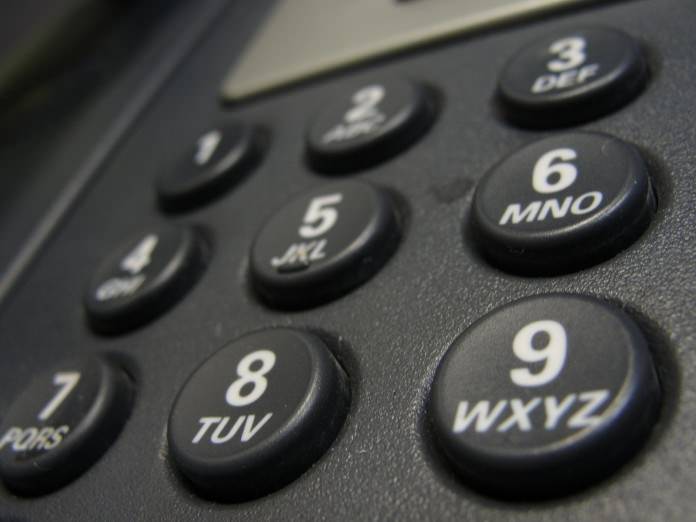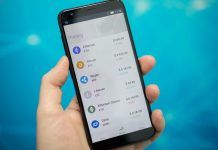The protection of users’ online privacy is finally being taken seriously in America, but despite their best efforts, it is just not enough. The new threats appear on a daily basis, and they are lurking around every corner. The newest one brings danger right to the palm of your hand.
Even your phone number is a vulnerability now since it is being used for acquiring personal data that many of the institutions keep.
One of those who are warning about this new issue is also Thomas Martin, the former FBI agent. In a recent blog post, he mentioned that the phone number should be treated as an SS number. This basically means that we are far too casual when it comes to sharing it around.
You would never share your Social Security number with a random stranger, but your phone number would end up in their pocket in a second. The number of your phone is unique, and it belongs to you. It is another way to your identity, and it should be considered as such.
It has connections to your phone and all of the data that it contains. It is also used in two-step authentications, it is used as a method of verifications, and alike. Sharing it carelessly can even lead to identity theft, and this is not just a theoretical issue. Last year, for example, over 160,000 mobile phone accounts were lost to invaders.
Back in 2015, that number was only 84,000, which is still a lot. However, the data shows that the number has doubled in size in just one year. And once you know things like this, you start noticing just how many services ask for your number. Netflix and Amazon ask for it, your bank, your health insurance company.
You are even asked for one when you make a pizza delivery request.
All of these, and many other services are asking for it, and they mostly do it for your own convenience. Your shopping will go faster, and it is easier for you to prove your identity. It also helps to keep track of you and your interests. This leads to better marketing for advertising companies, and everyone benefits somehow.
However, the dangers are rising too, and phone numbers are the newest targets. Well, actually, you are still the one that is being targeted, but your phone is the newest way of getting to you. This is an evolution in hacking attacks since phishing emails don’t work that well anymore. Attacking our mobile phones via our phone numbers is only the next step.
Hackers want either your credentials or to infect you with malware. Either way, if you don’t protect yourself, eventually, your money is going away because of them. Giving it away to every service can be dangerous. Not because the service is going to hack you. But because the service itself might end up being hacked. And then your data, including the phone number, is in the hackers’ hands.
So what can you do to prevent this? There are several things.
- When someone asks for your number, ask why do they need it. Basically, don’t just give it away if you don’t have to.
- Use a virtual phone number as your public number. It is basically a fake, but it will please the services that demand it.
- Use two-factor authentication for every device. This will increase your general security.
- ‘Do not call’ lists can be found in many services, and you should sign up for them. It is just like unsubscribing, and you will be left alone.
- Get several phones, but only give away one number, and only when you have to at that. Keep nothing of your personal data on that phone.
- Be careful when choosing which private information will you share. Sometimes, your email or a zip code, or even your name can be given instead of a cell phone.
Doing this will not guarantee a perfect safety and security. And it does raise a question concerning how safe are we anyway. It will even be quite a pain until you get used to it. However, it is necessary if you wish to keep your privacy private, and your security at a maximum.


















